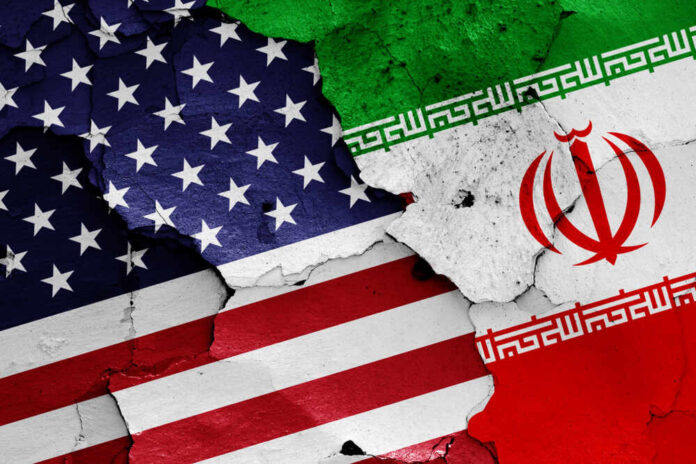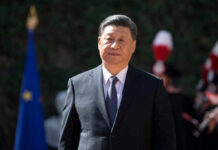
The Biden administration has finalized a deal that would transfer approximately $6 billion in frozen Iranian assets from South Korea to Qatar. This would come in exchange for releasing five Americans currently held in Iran. While the administration sees this as a humanitarian win, critics argue that the trade is essentially a ransom payment that will embolden Iran, known for its state-sponsored terrorism.
The deal has bipartisan implications. Secretary of State Antony Blinken stated, “To facilitate their release, the United States has committed to release five Iranian nationals currently held in the United States and to permit the transfer of approximately $6 billion in restricted Iranian funds.” On the surface, the deal looks like a straightforward prisoner swap. But the underlying implications are much more concerning.
BREAKING: Biden to allow transfer of $6 billion to Iran in prisoner swap deal
There's a slap in America's face on the 9-11 anniversary.🤬
https://t.co/ppathLmvoc— Mark Nantz (@BullseyeBanjo) September 12, 2023
One of the most glaring issues is the timing. This deal was confirmed on the anniversary of the 9/11 attacks, a day when the nation pauses to remember victims of terrorism. Sen. Tom Cotton (R-AR) pointed out the irony: “First Joe Biden used 9/11 as an excuse to flee Afghanistan. Now he desecrates this day by paying ransom to the world’s worst state sponsor of terrorism. Shameful.”
Indeed, the large sum of money being transferred has ignited concerns that it could indirectly finance terrorism. Sen. Chuck Grassley (R-IA) said, “It’s ridiculous for the US to be blackmailed into paying $6B for hostages which will help indirectly finance the number 1 foreign policy of Iran: terrorism.” The numbers are concerning, as in 2016, a similar but smaller deal saw the U.S. transferring $1.7 billion. Now, it’s $6 billion. What’s next?
The world just got even more dangerous by another pathetic, weak US foreign policy decision. Rather than giving Iran 6 Billion, I would give em a 6 days. Take another hostage and you get 6 hours. We just made Iran's terrorist regime stronger! Free their people!Know your opponent! https://t.co/NSvK8CxXTp
— Bruce Pearl (@coachbrucepearl) September 12, 2023
Even Auburn men’s basketball coach Bruce Pearl has weighed in on this contentious issue. Posting on the X platform, formerly known as Twitter, Pearl called it “another pathetic, weak US foreign policy decision.” He continued, “We just made Iran’s terrorist regime stronger! Free their people! Know your opponent!”
But Democrats seem to see things differently. Sen. Chris Murphy (D-CT)said, “Good for President Biden. Continuing Trump’s failed Iran policy makes no sense. These detainees deserve to be home.” However, the immediate relief of having the detainees back is being weighed against the long-term impact of potentially fortifying an adversarial nation that is, as U.S. policy clearly states, a state sponsor of terrorism.
Interestingly, the money transferred will not go directly to Iran but will be kept in “restricted accounts in Qatar, where the funds will be available only for humanitarian trade.” Critics would argue that money is fungible — freed-up funds in one area allow a regime to use its other money more freely, perhaps for less-than-humanitarian activities.
Ultimately, the Biden administration’s recent deal with Iran offers a temporary solution but risks emboldening a regime that stands against many American values. As the U.S. opens its coffers and releases prisoners, it seems reasonable to ask what message this sends to Iran and other countries that may seek to use American citizens as bargaining chips in the future.
































